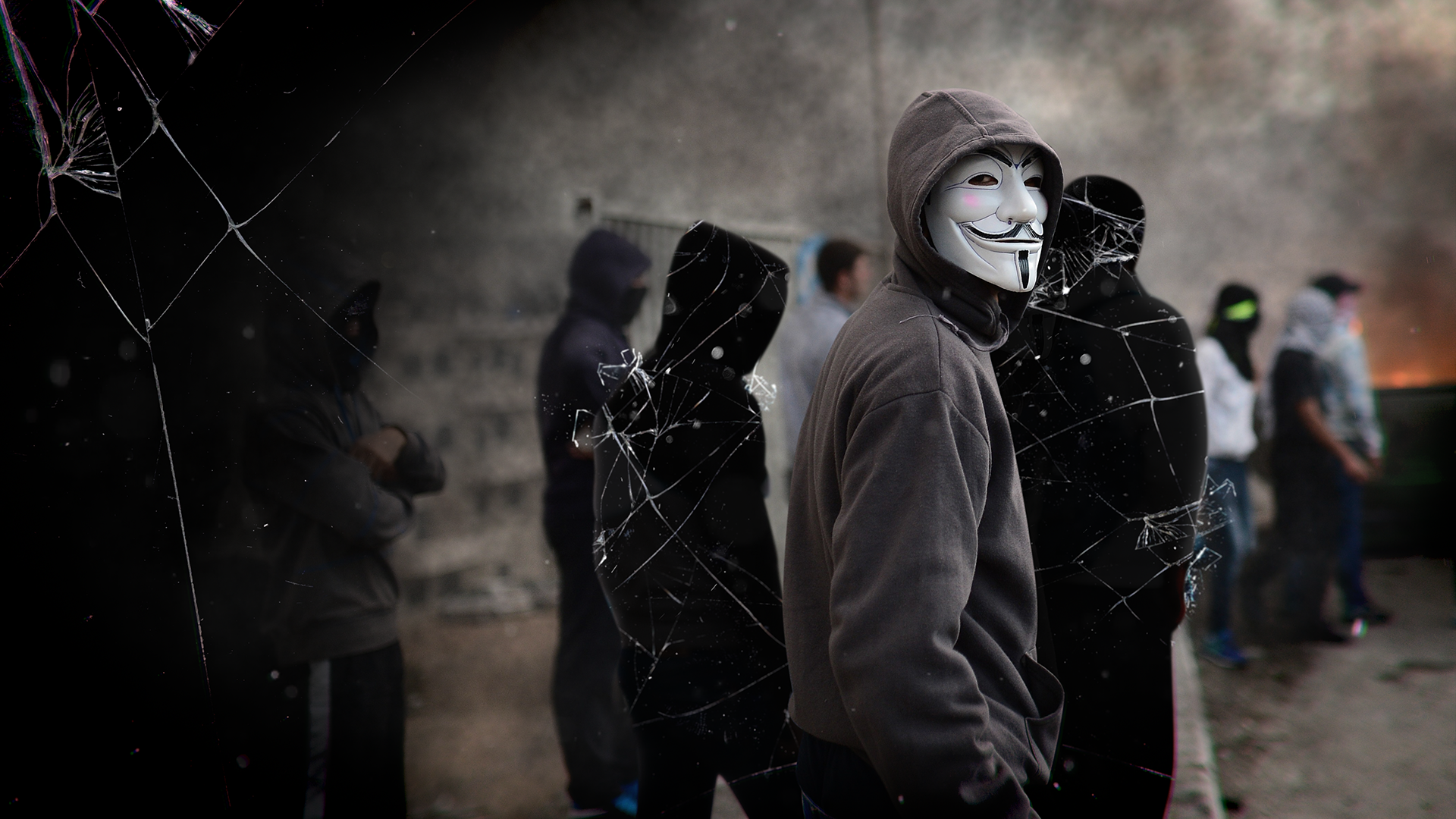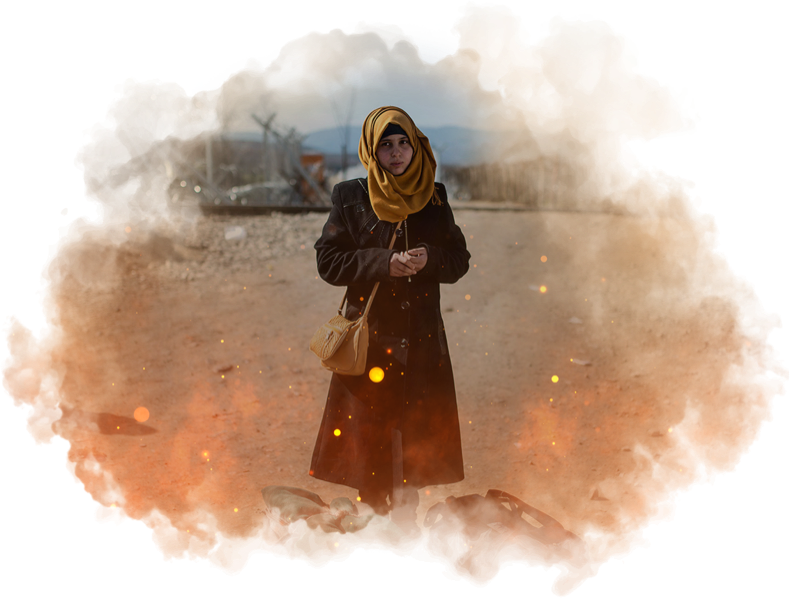
The Surveillance Economy
An Orwellian Dystopia
In an era where information is power, individuals unknowingly surrender their privacy, creating a surveillance economy where personal data is the currency.
In a world increasingly governed by digital technology, the notion of privacy has become a luxury. The ubiquitous presence of digital devices and smartphones, of security cameras and social media, has made life more connected, yet every interaction leaves digital footprints, exposing personal identities to the vast web of the internet.
This information, often harvested without consent, can be exploited by governments and corporations. In an era where information is power, individuals unknowingly surrender their privacy, creating a surveillance economy where personal data is the currency.
In societies with high digital connectivity, the risk of such exploitation is magnified. Governments, under the guise of national security or efficient governance, carry-out ambitious digital identification programs. In autocratic regimes, these may jeopardize the foundations of democracy, with governments weaponizing personal data against their citizens.
The surveillance techniques employed by these regimes are far-reaching and invasive. In China, for example, a social credit system penalizes citizens for minor offenses, using biometric data. And the Uighur minority faces intense scrutiny, with their personal information used to control and oppress them. In the United States, biometric data of migrants and asylum seekers are collected creating a massive database that could potentially be used for surveillance and control.
Technology, while a facilitator of this surveillance, also holds the key to combating it. The concept of self-sovereign identity, powered by cryptographic technologies like blockchain, offers a glimmer of hope. It enables individuals to control their personal data, deciding what to share and with whom. Such a system promises not only privacy, but also empowers individuals, potentially reducing human rights violations.
As we stand at the crossroads of technological advancement and personal freedom, the challenge is to redefine identity in a way that harmonizes with universal human rights, ensuring that technology empowers rather than enslaves.
China Uighurs' Story
In the shadow of modernity, a grim reality unfolds for the Uighurs in China. Much like the unseen victims of slavery, the Uighurs suffer under an invisible yet oppressive regime. Advanced surveillance technologies, rather than being symbols of progress, become tools of subjugation. In Xinjiang, every move of the Uighur Muslims is tracked, their identities scrutinized and exploited by an authoritarian state. This relentless surveillance strips them of their freedoms, turning their homeland into an open-air prison. Despite the veneer of technological advancement, the Uighurs' plight echoes the age-old struggle for basic human rights, a reminder that in the quest for security, liberty itself can become the casualty.
The streets of Xinjiang resemble a dystopian tableau. Cameras, equipped with facial recognition technology, adorn every corner, their unblinking eyes tracking every movement. For the Uighurs, these cameras are not mere observers; they are the tools of an oppressive regime, seeking to control and reshape their cultural and religious identity.
In this world, the Uighurs' daily activities, from their shopping habits to their religious practices, are closely monitored. The data gathered is fed into vast networks of artificial intelligence, designed not just to watch, but to predict behavior. This technology creates a digital cage, invisible yet inescapable, around the Uighur community.
The very essence of what makes the Uighurs unique – their language, their traditions, their faith – becomes a liability in this surveillance state. The government, in a bid to assimilate this proud culture into the dominant Han Chinese identity, uses this data to identify those who resist, often sending them to "re-education camps." In these camps, the Uighurs are forced to abandon their heritage and pledge allegiance to the state.
This narrative is not just about surveillance; it's about the erasure of an identity. It's a chilling reminder of how technology, in the hands of those who seek to dominate, can be turned into a weapon against cultural and religious freedom. The Uighurs' struggle is a stark illustration of the darker side of the digital age, where the very tools that promise progress can also be used to suppress and control.

Afghanistan's Story
In the Turmoil of the US withdrawal from Afghanistan, Roya Mahboob, a prominent human rights activist known for her advocacy for women’s rights and digital literacy, faces a daunting challenge: the lack of identity papers for many Afghans, especially those who have worked with the U.S. government. Without proper identification, like a Tezkera ID or an electronic ID, leaving Afghanistan becomes a perilous endeavor for these individuals and their families.
Amidst these struggles, the story of a journalist, stranded in Afghanistan and desperately trying to escape the grasp of the Taliban, becomes a poignant symbol of the broader crisis.
Despite strenuous efforts to rescue the journalist and her family, the centralized biometric database holding their personal ID data makes their situation even more perilous. The inability to reconnect with her, despite attempts, highlights the dire circumstances faced by many in Afghanistan, where identity documents, or the lack thereof, can determine one’s fate.
This narrative, woven through the experiences of Roya and the journalist, portrays a grim reality where identity papers are not just documents, but lifelines in a land where freedom and safety hang in a delicate balance.

"What is at stake is nothing less than the survival and well-being of a generation of innocents." - Antonio Guterres, United Nations Secretary-General
Get Updates About The Movie
-
Previous Story

-
Next Story

